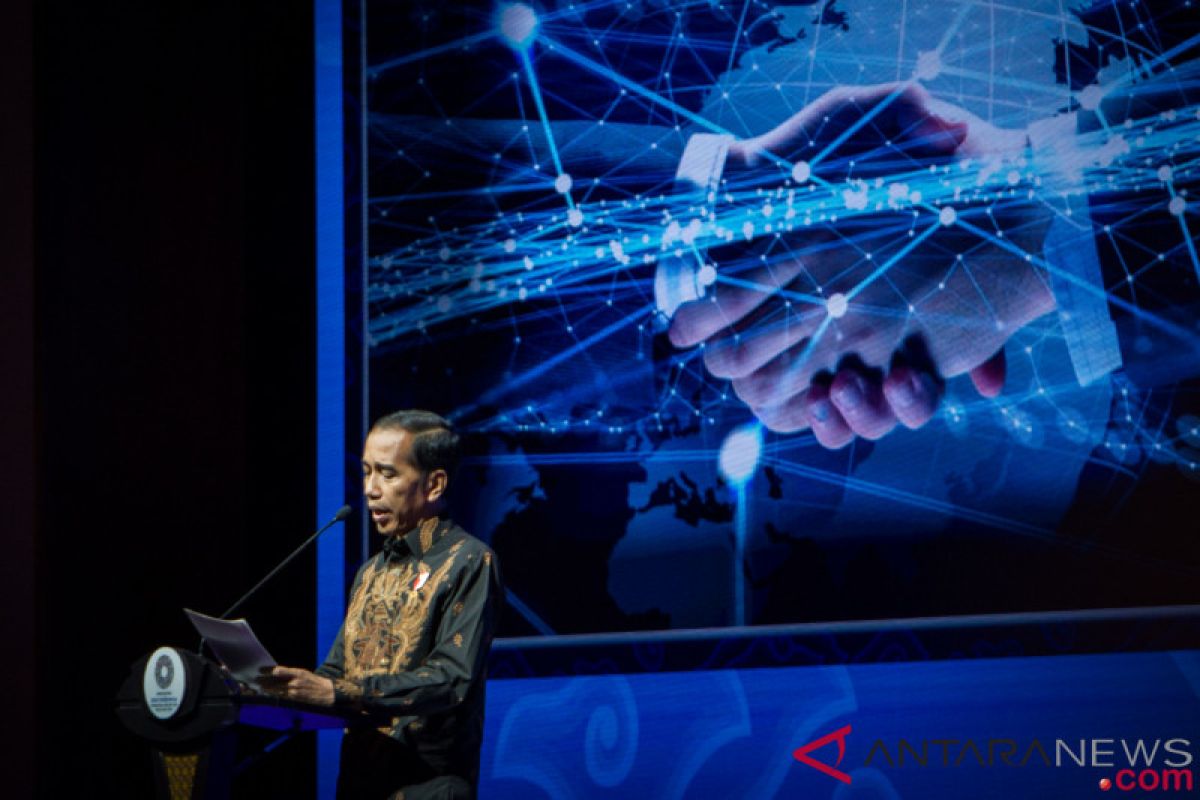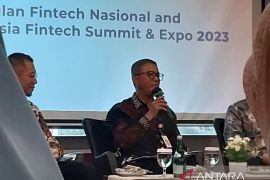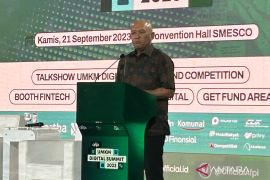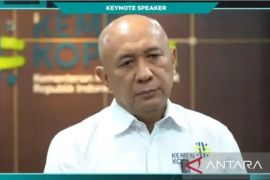"The use of technology for microfinance transactions, such as fintech, should not only focus on technical and operational efficiency but also pay attention to the social contexts in the technology application," Helmi stated here on Wednesday.
He added that microfinance institutions, which are one of the forefronts of development and poverty alleviation, are expected to focus on poverty alleviation without neglecting people empowerment and local knowledge.
"Fintech should also consider the characteristics of the poor in urban and rural areas," he remarked, adding that the use of technology in every line of life in the era of industrial revolution 4.0 has become a necessity, especially in the financial, business, and development sectors.
However, in order to increase financial inclusion, especially for the poor, the use of technology needs to consider cultural conditions, he explained.
Arief added that those fintech and social aspects have been discussed at the International Integrated Microfinance Management (IMM) Seminar under the theme "IMM on 4.0 Industrial Revolution."
The seminar was recently organized by the Integrated Microfinance Management Program, Padjadjaran University, in collaboration with the Leiden Universitiet, Netherlands, in Bandung, West Java.
He noted that the seminar, which is an initiative by the students, was a way to ensure that there were no people left behind in the era of industrial revolution 4.0, where only few poor people are able to get in touch with information technology so far, while in the industrial revolution era 4.0, information technology aspects is the main focus.
"Therefore, we are trying to discuss how technology advancements do not leave the poor behind," he stated.
Director of the Leiden Ethnosystem and Development (LEAD) Program, LJ Slikkerveer; CEO of Kuelap (Seattle-based microfinance institution consulting firm), Craig Chelius; Kuelap Director for Innovation and Partnership, Luisa Martinez; and Chairperson of the Mitra Dhuafa (Komida) Cooperative, Slamet Riyadi participated in the seminar.
Riyadi noted that Komida was focused on empowering poor women.
Komida does not only distribute money but also increases the capacity of borrowers and improves the education of its members, he explained.
Slamet pointed out that in distributing loans, Komida does not require collateral, ID copies, and written contracts. Even though it did not require collateral and does not need NPL (non-performing loan) figure, with these conditions, only 0.3 percent of its customers are late in making payment.
"In its operations, Komida still applies cash transactions and conducts face-to-face meetings. The reason is that the majority of poor women whom Komida are focused on do not have smartphones," he remarked.
Reporting by Ajat Sudrajat
(KR-LWA/INE/B003)
EDITED BY INE
(T.SYS/C/KR-BSR/C/B003) 07-11-2018 17:06:29
Reporter: Antara
Editor: Yosep Hariyadi
Copyright © ANTARA 2018












